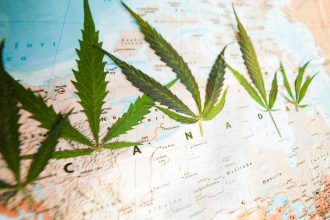A new study published in the scientific journal Circulation has suggested that regular coffee drinkers who consume three to five cups a day have a 15 percent lower risk of premature mortality compared to people who don’t drink coffee.
This isn’t the first study that suggests that coffee has health benefits, previous studies have tied drinking coffee to a reduced risk of stroke. However, it is unclear what exactly the connection is in this study between increased lifespan and coffee consumption.
Andrew Maynard, who studies risk assessment at Arizona State University, believes that the benefits documented in the study were small.
“Not everyone reacts to coffee in the same way,” he told NPR, “there are a lot of unknowns as to what [may explain] the increase in life expectancy.”
Walter Willett, one of the co-authors of the study and a nutrition researcher at the Harvard School of Public Health, spoke to NPR about the study’s conclusions. He believes the health benefits in coffee have little to do with caffein and everything to do with the unique nutrients found in the beans.
“The coffee bean itself is loaded with many different nutrients and phytochemicals. And my guess is that they’re working together to have some of these benefits,” he said, “we [see] similar benefits from caffeinated and decaffeinated coffee. That’s important, because it suggests that caffeine is not responsible for [the benefit].”
Willett recommended that regular coffee drinkers continue their habit in moderation, but said there’s no need for non-drinkers to run out to their local cafe.
“I think if people like coffee, it’s fine to include it [as part of your daily habit]. So, certainly, [people] should not feel guilty about moderate coffee consumption. It definitely can be part of a healthy lifestyle.”

























